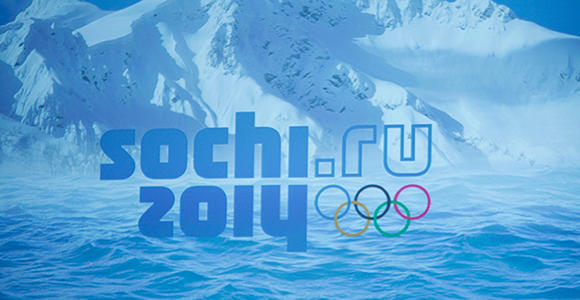
Section Branding
Header Content
Let the Games Begin! The Educational Value of the Winter Olympics
Primary Content

Tomorrow people will be glued to their televisions, laptops, tablets and cellphones to watch the opening ceremonies of the Sochi Olympic Games. Let the games begin, as the saying goes! I encourage teachers to encourage their students to watch the games because of the entertainment and educational value. Are you scratching your head over the last phrase of that sentence?
Don’t worry I have suggestions in this post on how to pull lessons out of the Olympics.
Explore the Science of Figure Skating
PBS Learning Media has a video lesson of the same name (The Science of Figure Skating) on how figure skaters use balance and science to nail their triple lutzes. In the video, good friends Elliot and Rhianna, whose favorite activity is figure skating, wonder why their heads get jumbled during spins. So, they wanted to figure out what makes them the most dizzy: how they hold their heads when they spin, or where they look? Your students will feel like they’re going for the gold as they follow along and practice spins of their own! (Grades: 4-6)
Are Olympic Athletes Really Geniuses
Spark a discussion on what the word genius means with the video Are Olympic Athletes a Different Kind of Genius? from the Idea Channel. Geniuses are thought to be intellectual giants. But could Olympic stars Gabby Douglas and Michael Phelps also be considered geniuses because of the way they push their bodies? (Grades: 9-12)
The Economics of the Olympics
This infographic is a good prompt for lessons in math and economics, from Larry Ferlazzo’s Websites of the Day. The infographic shows how the Sochi Olympics are the most expensive games ever, costing $15 billion dollars. Why does it cost so much? Where does all that money go?
Explore more infographics like this one on the web’s largest information design community – Visually.





